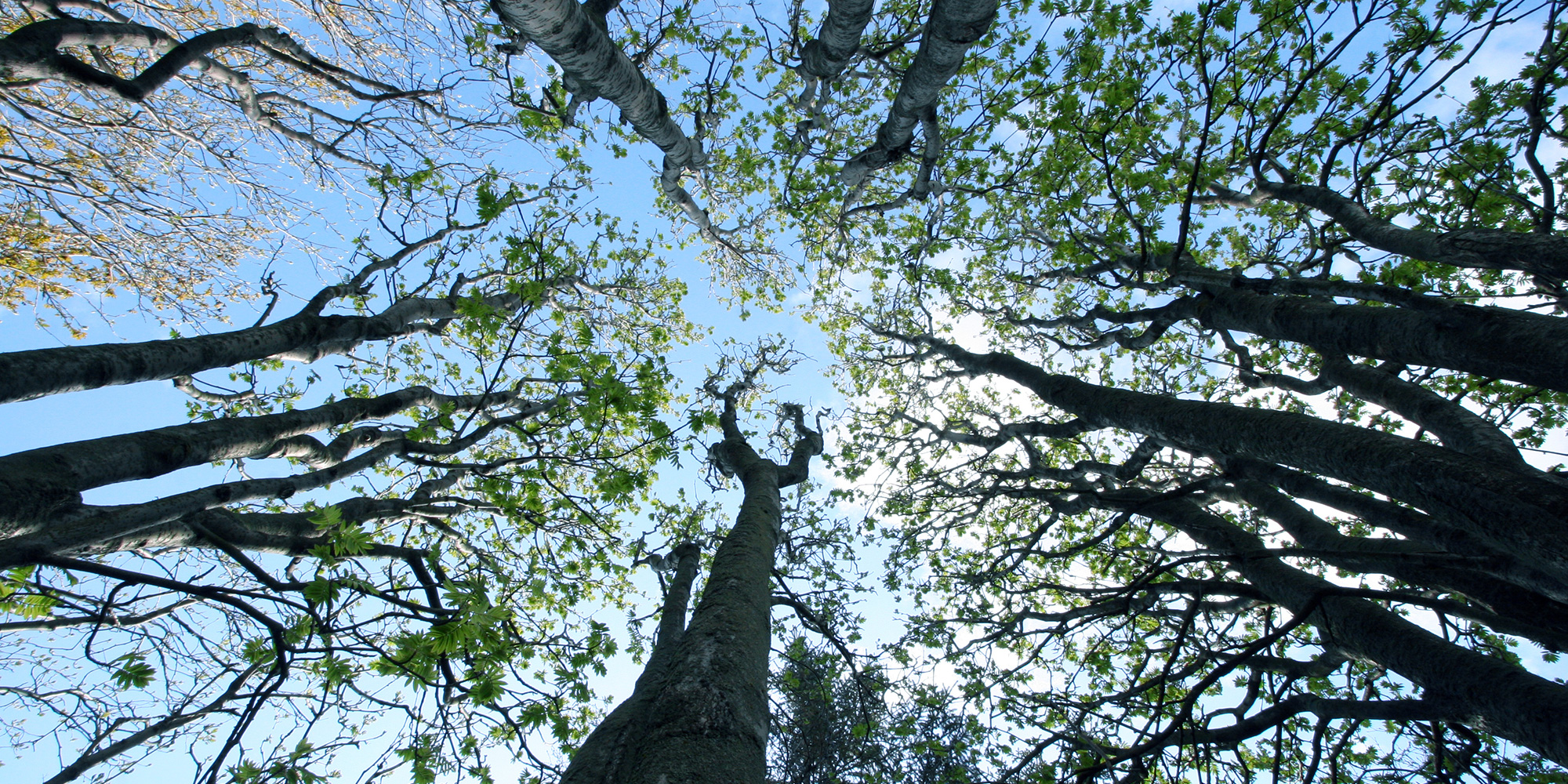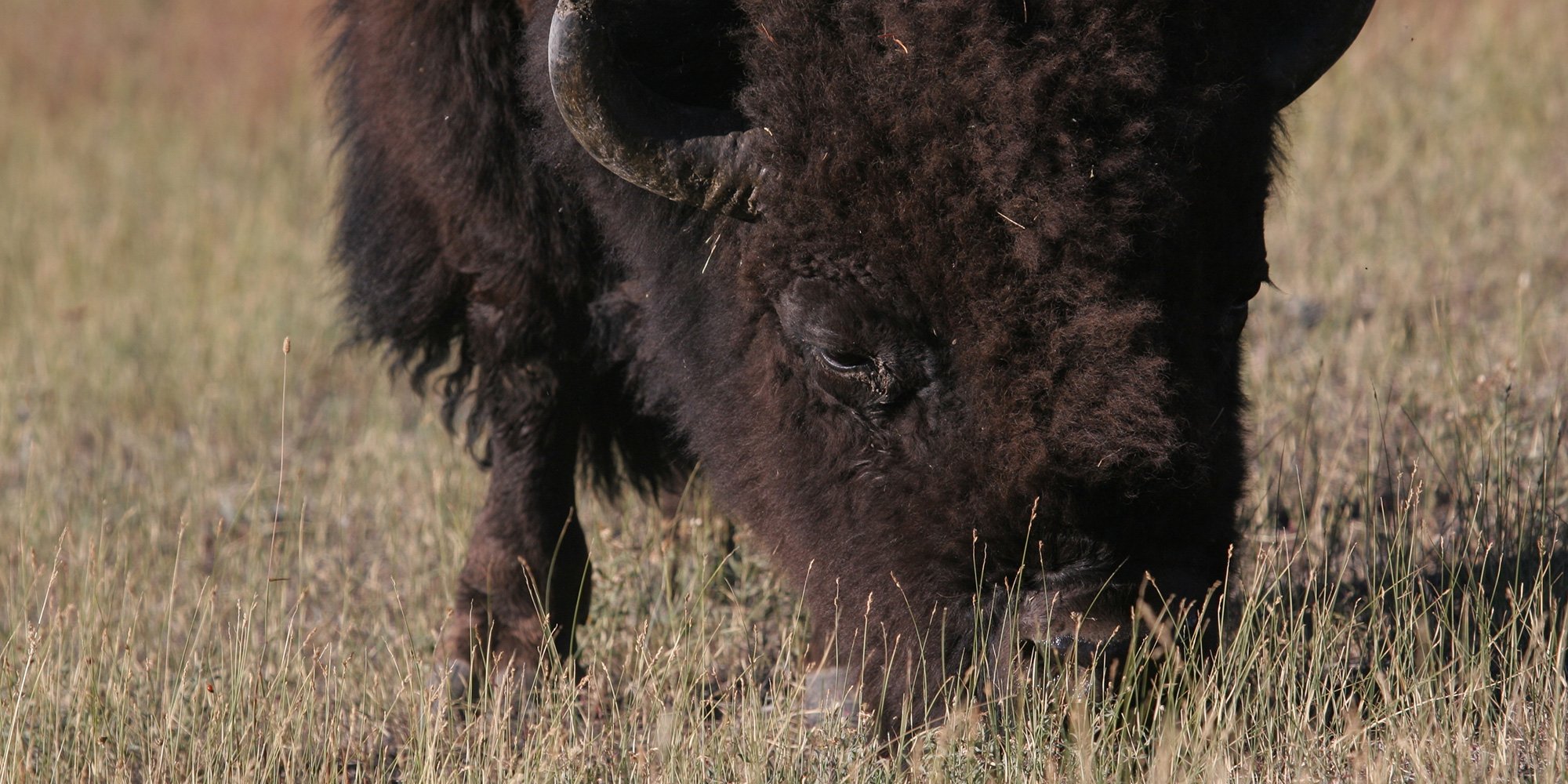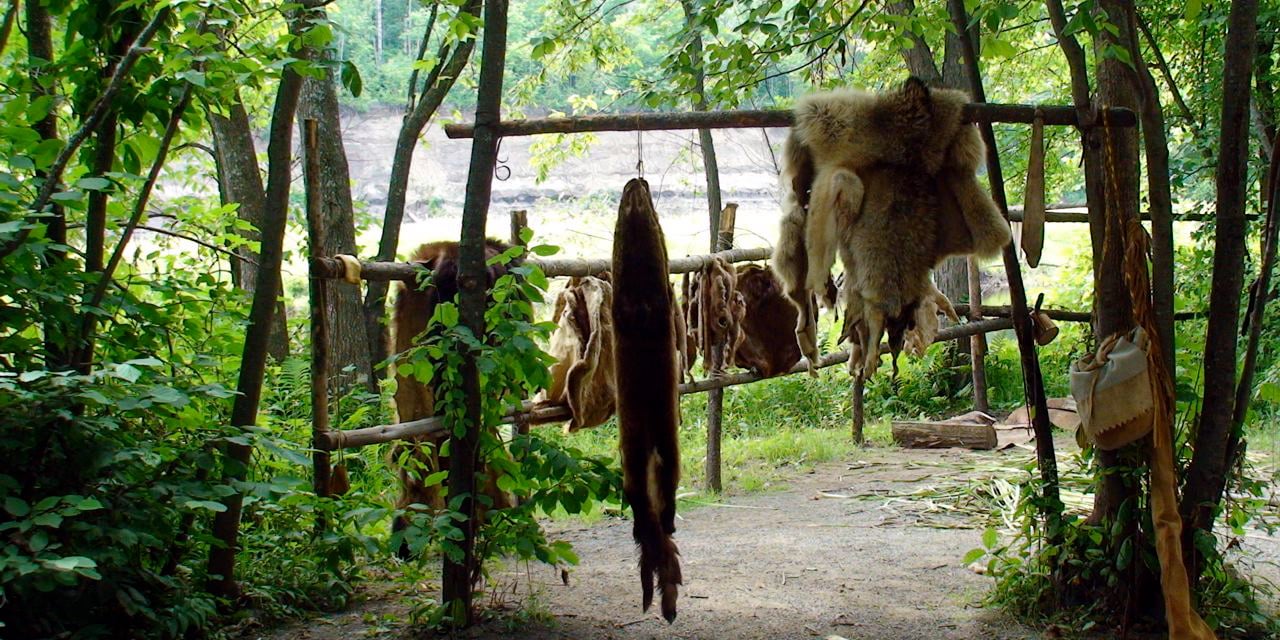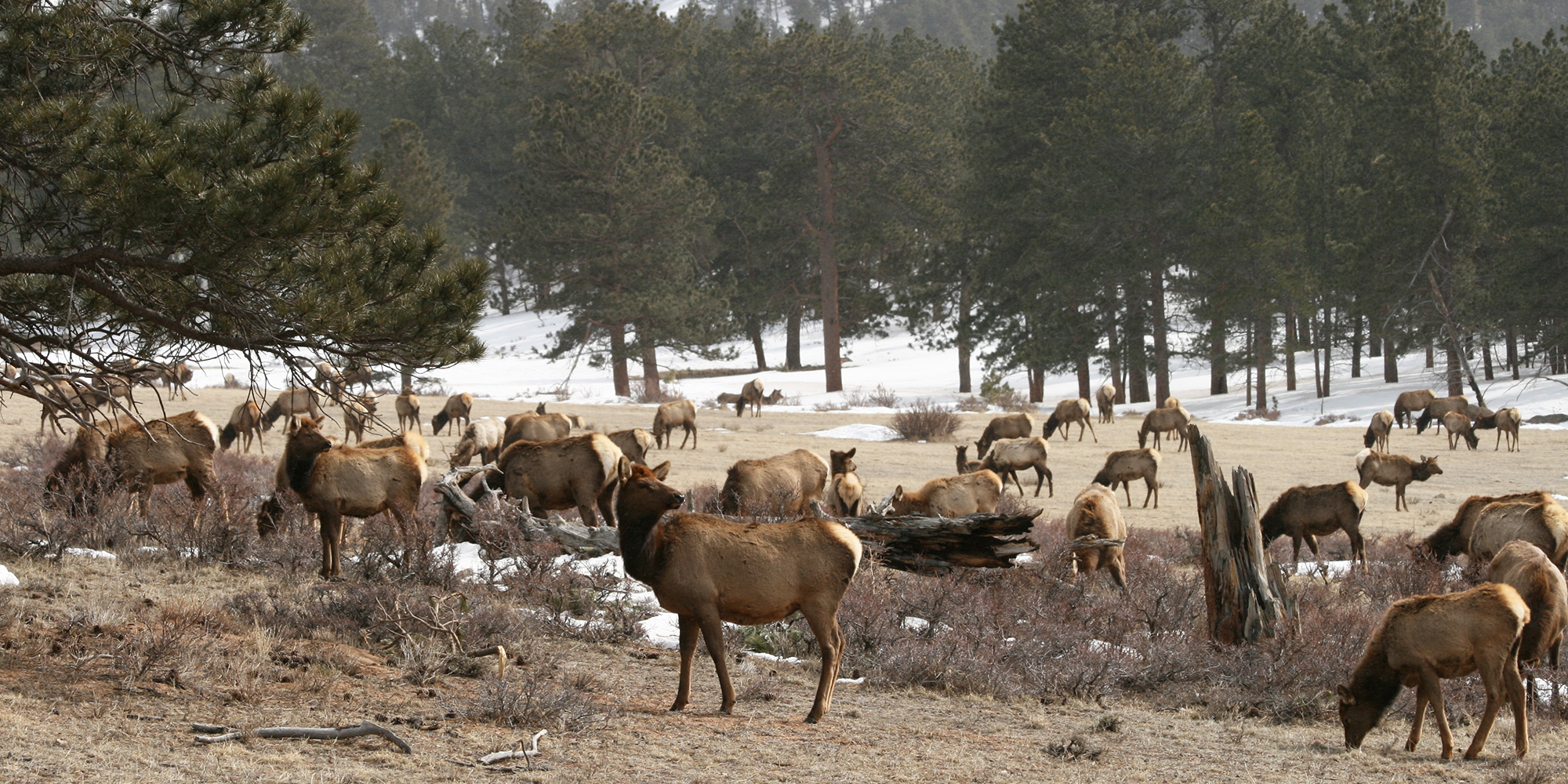Indigenous Fire Management and Traditional Knowledge
For the last few summers news reports were dominated by coverage of raging, massive, out-of-control wildfires. The fires devastated some communities,...

Definition: Traditional ecological knowledge (TEK) describes aboriginal, indigenous, or other forms of traditional knowledges regarding sustainability of local resources. TEK refers to "a cumulative body of knowledge, belief, and practice, evolving by accumulation of TEK and handed down through generations through traditional songs, stories and beliefs. [It concerns] the relationship of living beings (including human) with their traditional groups and with their environment.
Wikipedia
The past couple of decades have witnessed increased attention being paid to the question of how and if the intellectual property system can protect cultural heritage. Preserving, protecting and guarding against inappropriate usage of icons of Indigenous cultural heritage for commercial purposes is increasingly a concern for Indigenous Peoples.
A parallel but somewhat different concern is preserving, protecting and guarding against appropriation or unlicensed usage of Indigenous Traditional Ecological Knowledge (sometimes also called Traditional Environmental Knowledge) for commercial purposes. For this article, we look at the example of resource development on traditional territories.
Long overlooked by the resource sectors as irrelevant, Traditional Ecological Knowledge is now recognized as having management relevance, particularly in the realm of resource management, land use planning and environmental impact assessments. It is largely accepted that marrying science with this ancient knowledge fosters a greatly improved standard of natural resource management.
While it is very good that Traditional Ecological Knowledge is now respected as valid knowledge and is being incorporated into land use management and other resource plans, it opens up some complicated questions. Do the Indigenous people who hold the knowledge have an intellectual property right over the knowledge, and does the usage of the knowledge require permission? Can it be licensed? Copyrighted? Do Intellectual Property laws apply? Does Section 35 of the Constitution Act protect it?
Indigenous peoples have the right to maintain, control, protect and develop their cultural heritage, traditional knowledge and traditional cultural expressions, as well as the manifestations of their sciences, technologies and cultures, including human and genetic resources, seeds, medicines, knowledge of the properties of fauna and flora, oral traditions, literatures, designs, sports and traditional games and visual and performing arts. They also have the right to maintain, control, protect and develop their intellectual property over such cultural heritage, traditional knowledge, and traditional cultural expressions.
United Nations Declaration on the Rights of Indigenous Peoples, Article 31, 2007
If a company exploring on traditional land incorporates the local knowledge into its resource management plan and eventually derives a profit from the development, can the Indigenous community expect or demand a fair return for sharing their Traditional Ecological Knowledge?
Historically, traditional knowledge has been orally preserved but once it is collected, interpreted and compiled in corporate databases its nature has been altered so it becomes different from its original form.
Copyright licensing of traditional knowledge is a challenge. Traditional Ecological Knowledge is considered collective to the community - it belongs to all, not to one person. Copyright is generally held by a single individual. Also, traditional knowledge systems evolve and adapt to the physical and social environment - hard to copyright something that is not static.
Featured photo: Shutterstock

For the last few summers news reports were dominated by coverage of raging, massive, out-of-control wildfires. The fires devastated some communities,...

Traditional Indigenous knowledge (TK) and traditional resources have been managed by Indigenous communities since time immemorial. The arrival of...

There are more and more articles in the news about the value of Indigenous traditional knowledge being taken into account in climate change studies,...